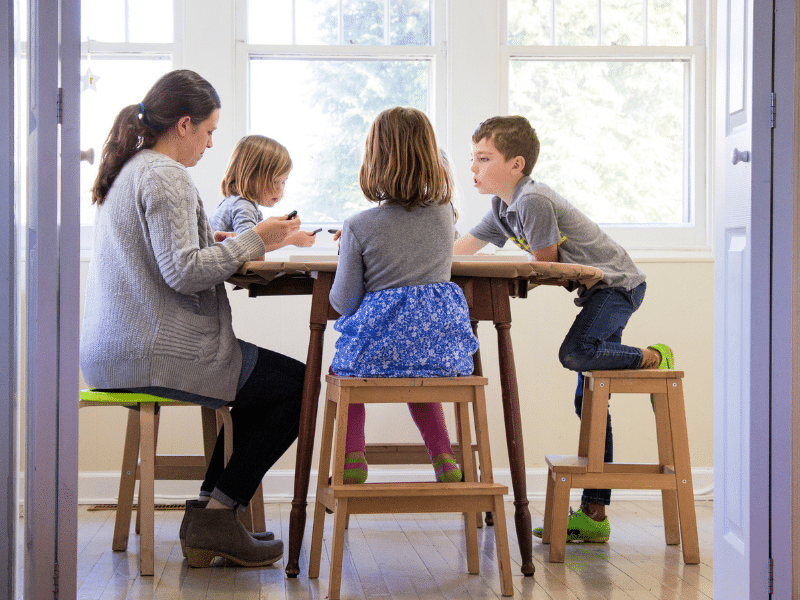
Nurturing the Future: The Art of Conscious Parenting
Introduction (50 words): Parenting is a lifelong journey that demands love, patience, and constant growth. It’s a unique role where we have the opportunity to shape the lives of our children, empowering them to become compassionate, resilient, and independent individuals. In this article, we delve into the essence of conscious parenting and explore practical ways to foster a nurturing environment for our children’s growth.
- Understanding the Power of Connection (100 words): At the core of conscious parenting lies the understanding that a strong parent-child connection is the foundation for healthy development. It involves active listening, empathy, and creating space for open communication. By prioritizing quality time and embracing genuine connections, we create an environment where our children feel seen, heard, and valued. This deep sense of connection fosters trust, emotional intelligence, and strengthens the parent-child bond, nurturing the growth of confident and secure individuals.
- Embracing Positive Discipline (100 words): Discipline is an essential aspect of parenting, but conscious parenting emphasizes a shift from punitive measures to positive discipline strategies. It involves setting clear boundaries, offering choices, and encouraging autonomy while fostering a deep understanding of consequences. By focusing on teaching rather than punishing, we equip our children with problem-solving skills, accountability, and a sense of personal responsibility. Positive discipline nurtures empathy, self-control, and cultivates a cooperative atmosphere that supports the child’s overall development.
- Cultivating Emotional Intelligence (100 words): Emotional intelligence is a vital skill for navigating life’s challenges and building meaningful relationships. Conscious parenting encourages the cultivation of emotional intelligence by providing a safe space for children to explore and express their emotions. It involves validating their feelings, teaching healthy coping mechanisms, and promoting emotional literacy. By modeling emotional intelligence ourselves, we empower our children to recognize and regulate their emotions, fostering self-awareness, empathy, and resilience.
- Encouraging Autonomy and Independence (100 words): Conscious parenting recognizes the importance of fostering autonomy and independence in children. By allowing age-appropriate decision-making, encouraging curiosity, and promoting problem-solving skills, we enable our children to develop confidence and a sense of self. Balancing support and guidance with the freedom to explore their interests and make choices cultivates resilience, adaptability, and self-motivation. Nurturing independence equips children with the skills necessary to navigate the complexities of life, fostering a strong sense of identity and self-reliance.
- Prioritizing Self-Care and Reflection (100 words): As parents, it’s essential to prioritize our own well-being and personal growth. Conscious parenting emphasizes the importance of self-care and self-reflection as integral components of effective parenting. By nurturing our own mental, emotional, and physical health, we model healthy habits and show our children the value of self-care. Taking time for ourselves allows us to recharge, gain perspective, and respond to our children’s needs with patience and empathy. Self-reflection enables us to identify our own triggers and biases, promoting personal growth and enhancing our parenting skills.
Conclusion (50 words): Conscious parenting is an ongoing journey that involves intentional choices, self-awareness, and continuous growth. By prioritizing connection, positive discipline, emotional intelligence, autonomy, and self-care, we create an environment that nurtures our children’s holistic development. Together, let’s embark on this transformative path, fostering a future where compassion, resilience, and empathy flourish.








